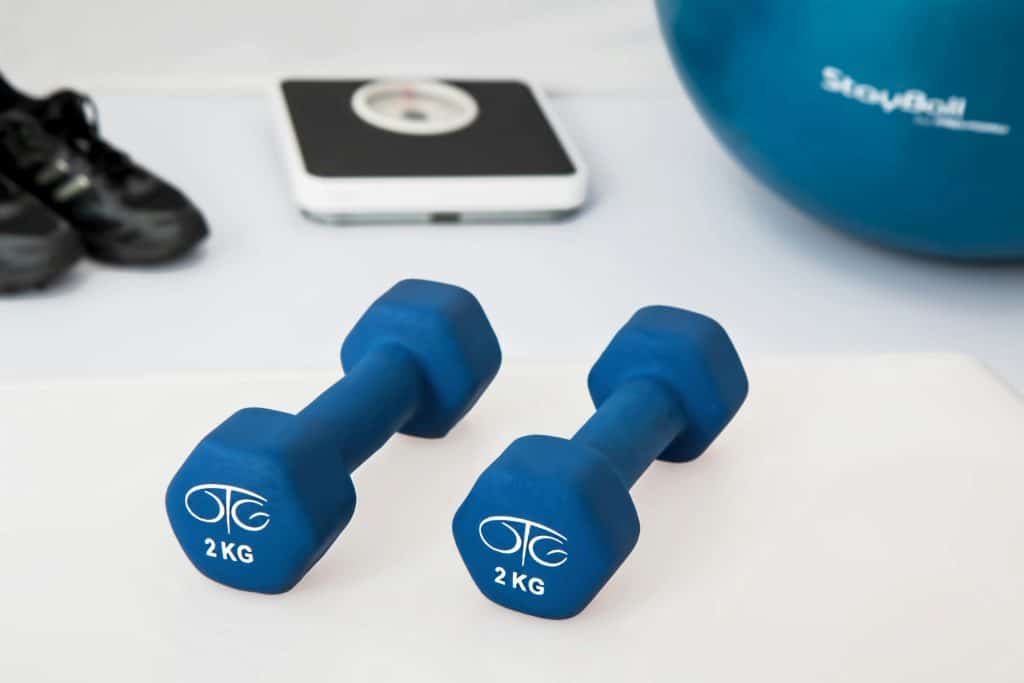In today’s fast-paced world, maintaining mental clarity is more challenging than ever. From constant notifications to information overload, our brains often struggle to focus, process, and retain information efficiently. However, adopting wellness practices that improve mental clarity can help individuals enhance focus, reduce stress, and achieve better overall cognitive function. By integrating simple yet effective strategies into daily routines, anyone can experience a noticeable improvement in mental performance and emotional resilience.

The Importance of Mental Clarity
Mental clarity is essential for decision-making, creativity, and productivity. It allows the mind to process information efficiently, prioritize tasks, and respond thoughtfully to challenges. Research shows that stress, poor sleep, and unhealthy habits significantly impair cognitive function, leading to mental fatigue and reduced productivity. According to a study by the American Psychological Association, chronic stress negatively affects memory and attention span, making it harder to maintain focus in both professional and personal settings .
By prioritizing wellness practices, individuals can protect cognitive function, improve focus, and enhance emotional resilience. Mental clarity not only supports better work performance but also contributes to improved decision-making, problem-solving abilities, and overall well-being.
Mindfulness Meditation for Cognitive Enhancement
One of the most effective wellness practices that improve mental clarity is mindfulness meditation. Mindfulness involves paying deliberate attention to the present moment without judgment, fostering awareness of thoughts, feelings, and bodily sensations. Studies have shown that consistent mindfulness practice enhances cognitive performance, including attention, working memory, and executive function.
How to practice mindfulness meditation:
- Find a quiet space and sit comfortably.
- Focus on your breath, noticing each inhale and exhale.
- Acknowledge wandering thoughts without judgment, then gently return to your breath.
- Practice for 10–20 minutes daily to experience sustained cognitive benefits.
Mindfulness meditation also reduces stress and emotional reactivity, further supporting mental clarity. Incorporating this practice into your morning or evening routine can significantly improve focus and mental sharpness throughout the day.
Physical Activity and Brain Function
Physical activity is another wellness practice that improves mental clarity by stimulating neurogenesis and enhancing blood flow to the brain. Regular exercise releases neurochemicals such as dopamine, serotonin, and brain-derived neurotrophic factor (BDNF), which support mood regulation, memory, and learning.
Recommended activities for mental clarity:
- Aerobic exercise: Walking, jogging, or cycling for 30 minutes daily can enhance attention and processing speed.
- Yoga: Combines physical movement with mindfulness, reducing stress and improving cognitive flexibility.
- Strength training: Resistance exercises have been linked to improved executive function and memory in adults.
Even short bouts of movement during work breaks can enhance alertness and reduce mental fatigue, making exercise a powerful tool for maintaining cognitive performance.
Nutrition for Cognitive Support
Nutrition plays a crucial role in maintaining mental clarity. Diets rich in antioxidants, healthy fats, and essential nutrients support brain health and improve cognitive function. Omega-3 fatty acids, found in fish and flaxseeds, are particularly effective in supporting memory and reducing cognitive decline.
Cognitive-boosting dietary tips:
- Eat more fruits and vegetables: Berries, spinach, and kale provide antioxidants that protect brain cells.
- Include protein: Eggs, legumes, and lean meats support neurotransmitter production.
- Stay hydrated: Even mild dehydration can impair concentration and memory.
- Limit processed foods: Excess sugar and unhealthy fats can negatively affect cognitive function.
A balanced diet, paired with regular physical activity, significantly enhances mental clarity and overall well-being.
Sleep Hygiene and Cognitive Performance
Quality sleep is indispensable for mental clarity. During deep sleep stages, the brain consolidates memories, clears toxins, and restores energy. Chronic sleep deprivation, however, impairs attention, memory, and decision-making.
Tips to improve sleep hygiene:
- Maintain a consistent sleep schedule.
- Avoid caffeine and electronic devices before bedtime.
- Create a dark, quiet, and comfortable sleeping environment.
- Incorporate relaxing pre-sleep routines such as reading or gentle stretching.
Prioritizing sleep not only improves focus but also supports emotional regulation and long-term cognitive health.
Digital Detox for Enhanced Focus
In an era dominated by digital devices, reducing screen time is a powerful wellness practice that improves mental clarity. Constant notifications, social media updates, and digital multitasking can overload the brain, impairing attention and productivity.
Strategies for a digital detox:
- Schedule phone-free periods during the day.
- Limit social media usage to set times.
- Use apps that track and manage screen time.
- Replace digital activities with offline hobbies like reading or journaling.
Regular digital detoxes restore focus, reduce mental fatigue, and promote mindfulness in everyday life.
Integrating Wellness Practices into Daily Life
The most effective way to improve mental clarity is to integrate multiple wellness practices consistently. Combining mindfulness meditation, regular exercise, a balanced diet, sufficient sleep, and periodic digital detoxes creates a holistic approach to cognitive enhancement.
Sample daily routine for mental clarity:
- Morning: Mindfulness meditation (10 min) + light aerobic exercise.
- Midday: Balanced meals with high-protein and antioxidant-rich foods.
- Afternoon: Short walk or stretching break to maintain alertness.
- Evening: Digital detox + relaxing bedtime routine.
By structuring daily habits intentionally, mental clarity becomes a natural outcome of consistent wellness practices.
Conclusion
Wellness practices that improve mental clarity are more than simple lifestyle adjustments—they are essential tools for navigating a fast-paced, information-rich world. Mindfulness meditation, regular physical activity, balanced nutrition, quality sleep, and digital detoxes collectively enhance cognitive performance, focus, and emotional resilience. Research consistently supports the effectiveness of these strategies, demonstrating that mental clarity is achievable through deliberate and sustained effort.
Incorporating these practices into daily routines allows individuals to work more efficiently, make better decisions, and maintain a healthier relationship with technology. Furthermore, embracing a holistic wellness approach not only benefits mental clarity but also strengthens overall well-being, creating a foundation for long-term personal and professional growth. Ultimately, prioritizing cognitive wellness empowers individuals to face challenges with clarity, maintain productivity, and achieve a balanced, fulfilling life.
References
- American Psychological Association. (2022). Stress and cognition. https://www.apa.org/news/press/releases/stress/2022/impact-cognition
- Tang, Y.-Y., Hölzel, B. K., & Posner, M. I. (2015). The neuroscience of mindfulness meditation. Nature Reviews Neuroscience, 16(4), 213–225. https://www.ncbi.nlm.nih.gov/pmc/articles/PMC4371402/
- Ratey, J. J., & Loehr, J. E. (2011). Exercise and the brain: The beneficial effects of physical activity on cognition. Harvard Health Publishing. https://www.health.harvard.edu/mind-and-mood/exercise-can-boost-your-memory-and-thinking-skills










 How Real Estate Trends Are Affecting Urban Development
How Real Estate Trends Are Affecting Urban Development 

